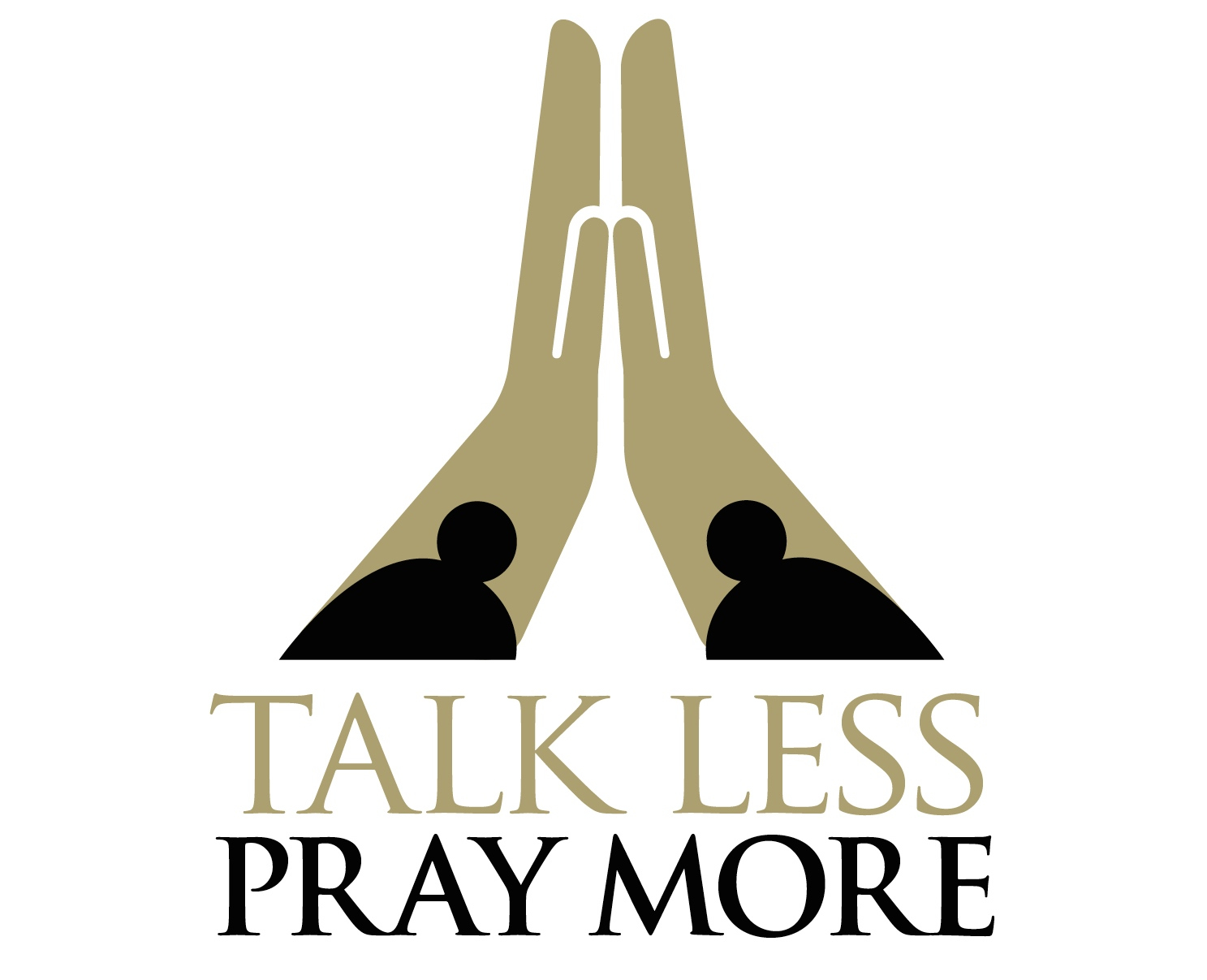“O Lord, why have You brought harm to this people? Why did You ever send me? Ever since I came to this Pharaoh to speak in Your name, he has done harm to this people, and You have not delivered Your people at all?” Exodus 5:22-23
When it came to intercessory prayer, Moses was not afraid to put “The Why?” into his whine. His outrage over unanswered prayer and delayed deliverance turned his intercession into a confrontation with The Deliverer. He was furious over God’s delay, and he complained about being sent down a dead end street. It turned out to be a very effective prayer
When I was a student in college and seminary there was a popular belief being passed around that didn’t pass the test of biblical examination. The pious phrase posing as profound truth was, “It is a sin to ask God, ’Why?’ “If this is true, Moses was a great sinner. He may have been, but God responded to his cry of “Why?” with a powerful promise, not punishment.
“Now you shall see what I will do.” Exodus 6:1
There is nothing like God’s call to a grand task. It births great expectations, both true and false. When God invites you to participate in something that He has initiated, you may wonder, “What could possibly go wrong?” The call is accompanied by the sweet anticipation of applause, appreciation, and awards. When fantasy meets reality, it is always a rude wake up call.
Everything had begun with such great promise for Moses. When he presented God’s plan to deliver the sons of Israel, he did so faithfully. When The Vision was delivered to the people, they responded with enthusiastic belief. Hope is a powerful force when injected into the human spirit.
“He then performed the signs in the sight of the people so that the people believed, and when they heard that He had seen their affliction, then they bowed low and worshiped.” Exodus 4:29
Fresh from the revival meeting with the people, Moses confronted Pharaoh with God’s plan. The monarch did not release the people of Israel. Instead, he increased their labor. Rather than rebelling against Pharaoh, the people reacted by ramping up their angst towards Moses.
“They said to them, ‘May the Lord look upon you and judge you, for you have made us odious in Pharaoh’s sight and in the sight of his servants, to put a sword in their hand to kill us.” Exodus 5:21
The Vision was completely clear, and clearly delivered. The purpose was also completely rejected by Pharaoh and the process clearly resented by the people. What appeared to be a clear path to victory was the beginning of a long walk in The Wilderness. Moses was no longer leading a parade to freedom. He was being treated like a speed bump on the road to disaster.
The Vision is often accompanied by a revision. The people of Israel not only needed to be delivered from Pharaoh. They needed to know the content of the character of their Deliverer.
Moses was God’s messenger to His people. God was The Deliverer of His people.
Moses and the people of Israel had much to learn about God, and He was preparing to take them to school. The only short cut in The School of Prayer is a trip to the woodshed. God never hesitates to take His children there early and often. But I digress.
Moses may have anticipated opposition from Pharaoh, but he was not prepared for the reaction of the people of Israel. They knew enough about God to be dangerous. Most people do. They chose to curse Moses in God’s name.
The people didn’t trust in the character of God to intercede for Moses as their leader. When the people of Israel poured out their wrath on Moses, he poured out his prayer to God. This may be the greatest lesson Moses provides for anyone in pastoral ministry.
Pastor, when the people are running you down, run to God. People, when your pastor runs into a roadblock, don’t treat him like a speed bump on your way to calling a new pastor. Pray for God to remove the obstacles in front of him.
“Then Moses returned to the Lord…” Exodus 5:22
NOTE TO SELF: You don’t have to be wrong for people to come to the wrong conclusion about you. Moses was spot on with his presentation of The Vision. He was telling the truth every step along the way. The only thing Moses may have been wrong about was the length of the journey. God intended to break Pharaoh’s hardened will, to turn Moses into an intercessor, and to transform hopeless slaves into a hardened army. This was not going to be an easy road. It would be a long slow walk down the road of obedience. When God puts you on the right road, don’t look for an exit. TALK LESS! PRAY MORE!
